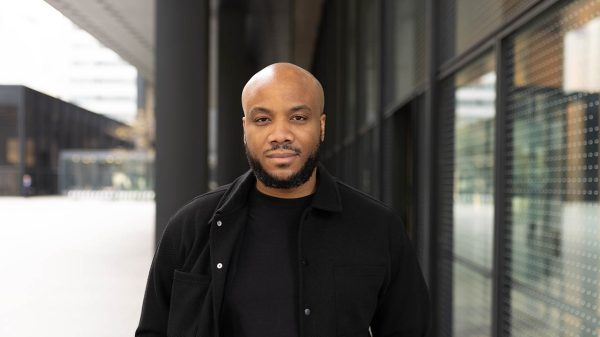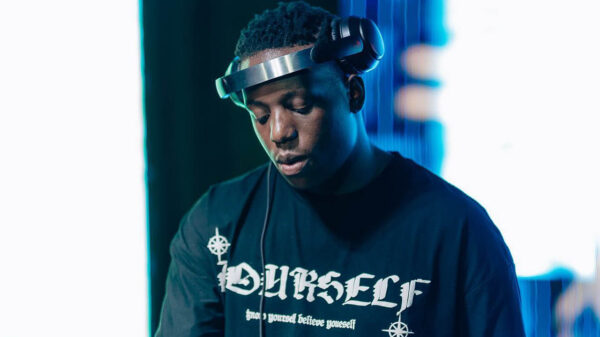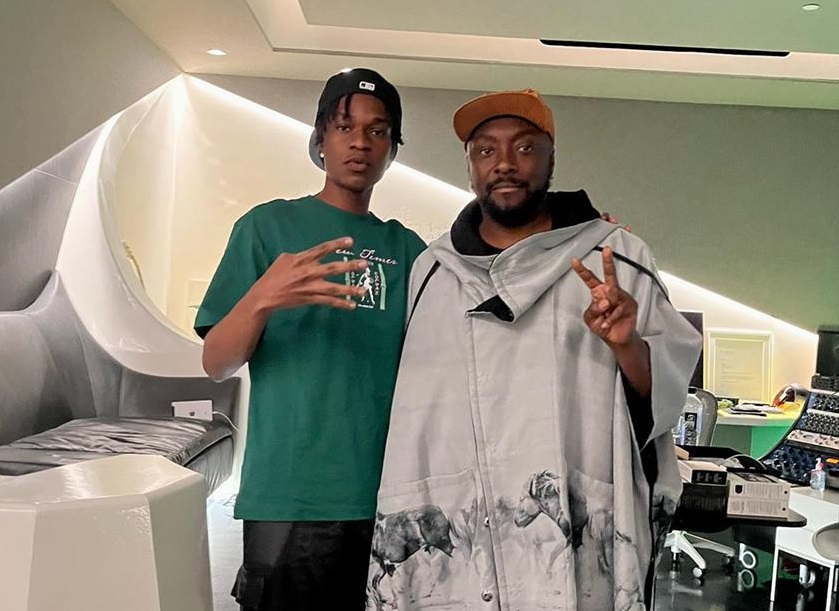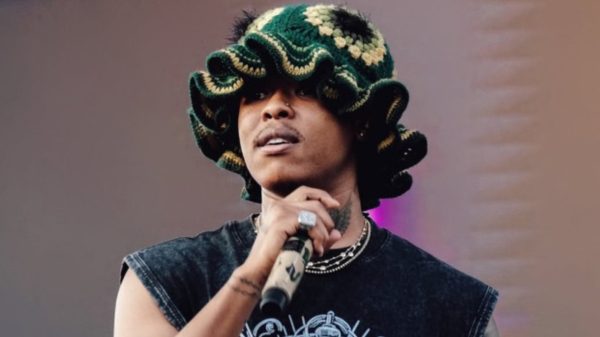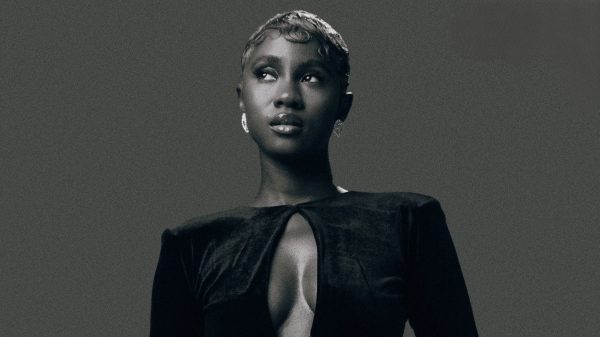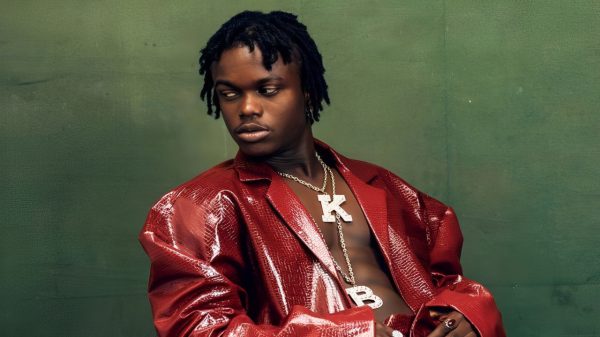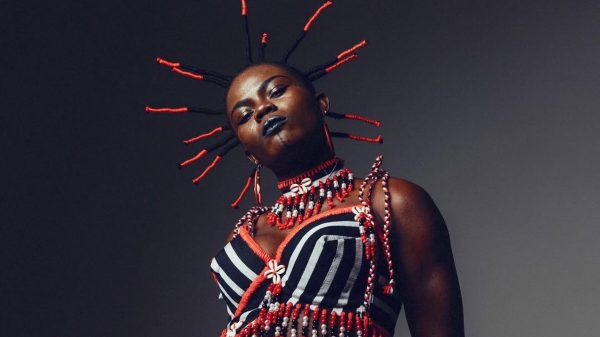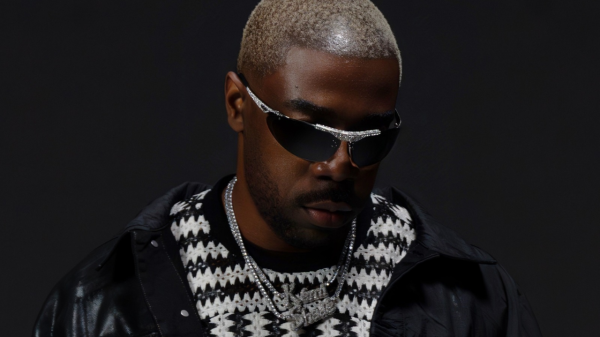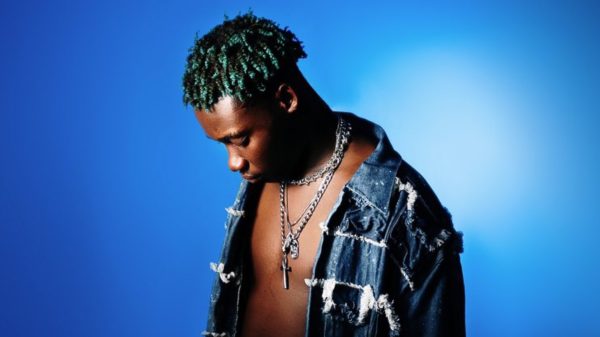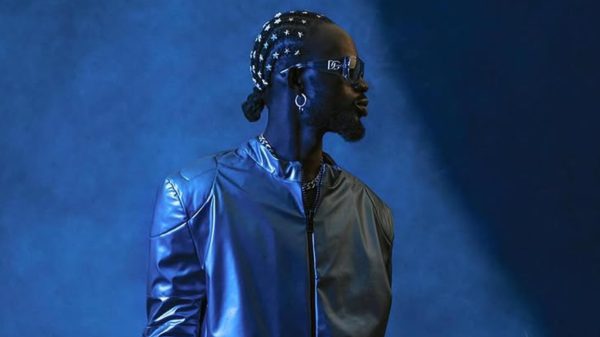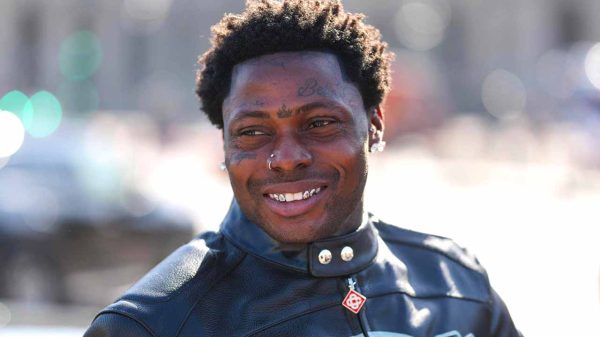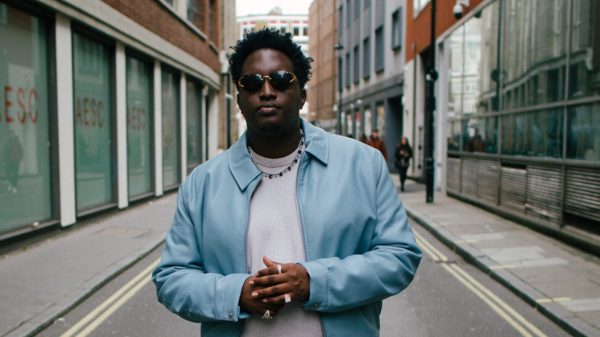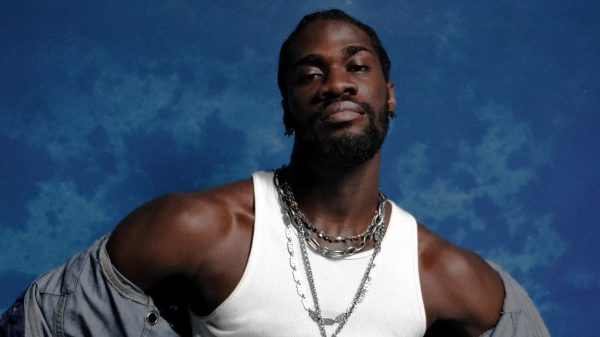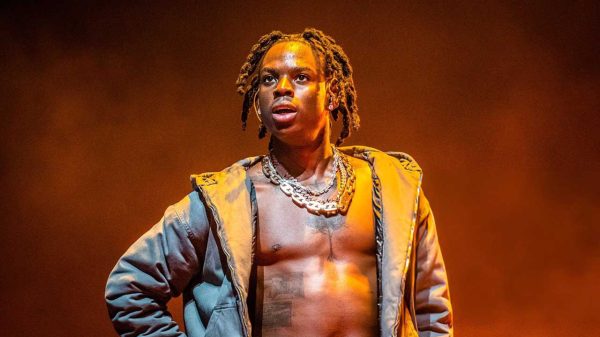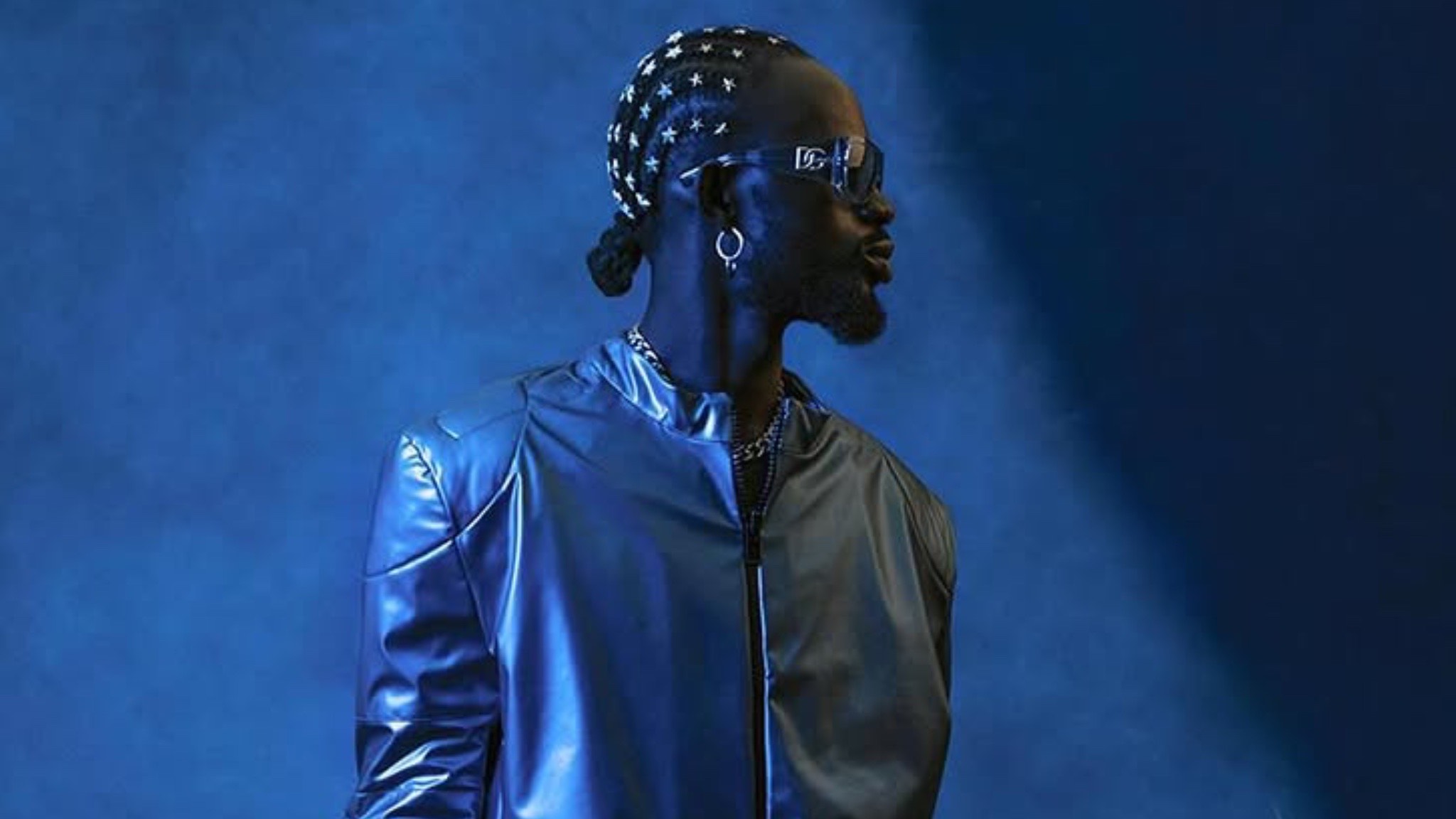What sets Black Sherif’s Iron Boy apart isn’t its versatility, ambition, or standout hits—it’s the emotional consistency that ties the album together from start to finish.
Questioning Black Sherif’s uniqueness is like questioning the rhythm of tides or the cycle of day and night. Since his explosive debut with First Sermon in 2021, he’s crafted a sound rooted in raw honesty, quiet defiance, and emotional depth. His songs don’t just play—they reflect, scar, and remember.
Black Sherif doesn’t make music for its own sake. There’s always something simmering beneath: a memory, a wound, a moment of truth. His vivid storytelling stands out not for grandeur, but for its deeply personal core. Rarely chasing superficial highs, he leans into emotional lows and spiritual crossroads, often carried by sparse, melancholic production that stretches his voice between anguish and resilience.
It’s what made First Sermon a striking debut, Second Sermon a coronation—amplified by Burna Boy’s stamp—and Kwaku The Traveller a viral anthem for the flawed yet forward-looking African youth.
So when Black Sherif dropped his debut album The Villain I Never Was in 2022, it didn’t just confirm his talent, it amplified his narrative. The album was an unfiltered look into a restless young soul navigating fame, loss, faith, and betrayal. It was raw, unpolished, and moving in the way true coming-of-age stories tend to be. With it, Black Sherif has positioned himself not just as one of Ghana’s standout musicians but as a continental force.
But after that deeply intimate debut, the noise around Black Sherif began to quiet. He became less visible, but never absent. Now, he returns with Iron Boy, a 15-track sophomore album that dares to go deeper, not in subject matter, but in focus. The result is a project that feels more like a mirror than a megaphone.
Iron Boy opens with Victory Song, a meditative track that immediately signals continuity. This is still the same Blacko — the same raw introspection, the same weighty voice stretching over minimalist production.
On this album, he remains dedicated to the very essence that made his debut so compelling: vulnerability, faith, anxiety, and emotional excavation. But the difference is subtle; here, he sounds more controlled, less frantic. The chaos has become quiet contemplation.
There’s a new sense of discipline in his flow and production choices. His feature with Fireboy DML on So It Goes brings a softness from the artist that contrasts beautifully with Black Sherif’s jagged vocal texture. The two meet at a middle ground of reflection, singing about broken dreams and the kind of weariness that comes after too many disappointments.
On One, another standout, captures perseverance in full bloom. The collaboration with Seyi Vibez in Sin City is rooted in mutual grit, two artists peeling back their layers with subdued conviction.
Songs like Body show his emotional range, tackling heartbreak with biting exhaustion: the kind that doesn’t cry, but shrinks inward. In Soma Obi, he returns to the motif of self-preservation, echoing the fears laid bare in The Homeless Song from his debut.
By the time Black Sherif arrives at January 9th, the album’s closer, there’s a noticeable shift — not a resolution, but a sense that he’s grown more comfortable in his skin, even if the wounds are still fresh.
The production throughout the album is masterful in its restraint. While it never explodes into vibrant highs, it remains immersive. Mid-tempo drums, lingering keys, and minimalistic guitar riffs create space for Blacko’s storytelling to thrive. There’s a cinematic quality to it — a sense that each track is a scene in an unfolding inner journey. Executive production feels carefully handled, with a clear intention to let vulnerability lead the sound.
But that intentional narrowness can also feel like a limitation. Iron Boy doesn’t push boundaries the way a sophomore album sometimes should. It doesn’t test Black Sherif’s range or sonic agility. Instead, it reads like a diary—deeply personal entries, told in the same voice, written with the same ink. The honesty is admirable, but it leaves little room for surprise.
There’s an argument that Black Sherif is consciously resisting the pressure to evolve for evolution’s sake. But is he now boxed in by the very formula that made him stand out? His signature style—the spiritual anguish, pain-soaked melodies, emotional intensity—has become so distinct that deviating from it might feel disingenuous. Iron Boy doesn’t offer a fresh lens on his artistry; it feels more like a reworked The Villain I Never Was. And that sameness, while authentic, can be exhausting. It starts to feel insular, like he’s singing the same story in different keys.
Still, there’s something admirable in how unbothered he is by industry expectations. Iron Boy doesn’t clamor for attention—it demands patience. Rather than outshine its predecessor, it extends it. And in doing so, it reinforces that for Black Sherif, music isn’t performance—it’s purging.

